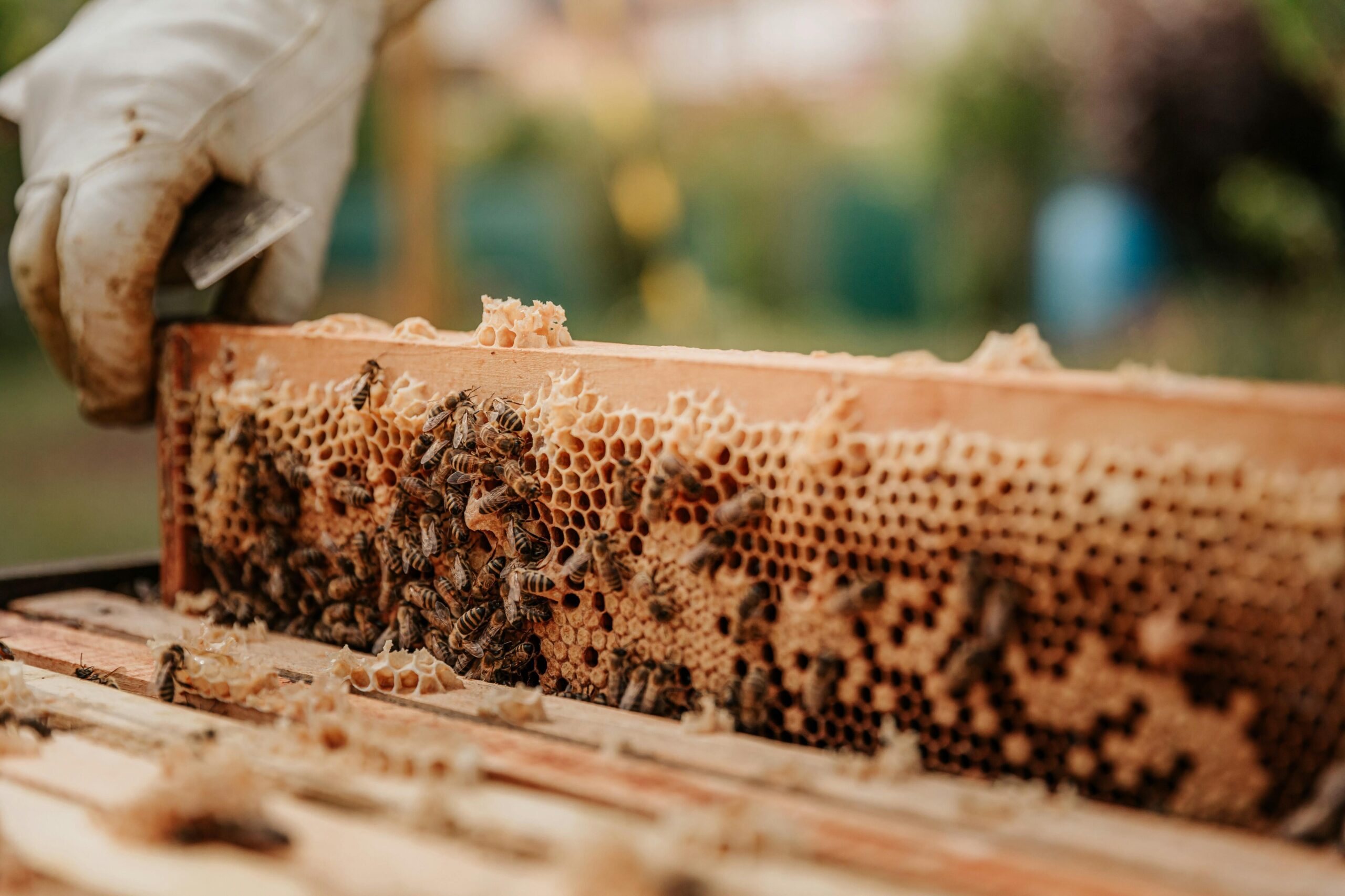London is one of the biggest cities in the world and with the sprawling big buildings and the hustle bustle of our everyday lives, there is another life that coexists. A natural life that hides beneath your carpets and within your walls. These little guests found in the nooks and corners of our houses and streets are none other than common bugs and flies. These insects get to subtly be a part of your life without you even realising it and in return find a new home in urban environments.
One might assume that these insects can be largely found in natural areas such as farms and barns in comparison to industrial cities and urban developed areas. Surprisingly, it is quite the opposite. The natural areas such as barns and farms are used to cultivate crops and other natural foods but in order to keep the crops healthy and for the land to maintain its fertility there is an excessive use of pesticides and other medicines. This results in healthy growth of crops, fruits and vegetables but ends up becoming the reason why so many insects migrate to the urban areas to find refuge. These medicines end up being deadly for these insects and hence increase their population in urban areas.
In July of 2023, the Journal of Applied Ecology published an article which talks about the direct and indirect effects of urbanization, pollinators and pesticides on mango yield. This research was conducted to understand the effects of urbanization and pesticides on natural crops as well as how it affect the biodiversity system. During this case study 16 mango farms spread across urban and rural areas were experimented on with no use of insecticides and it made a huge difference as there was a 350% increase in the mango yield due to the presence of natural pollinators such as bees, hoverflies and nonsyrphid flies. This concluded that due to the absence of insecticides and pesticides in the urban areas, more traffic of pollinators i.e. insects such as bees and flies can be found which eventually helps with the growth of vegetable and fruit crops. Intensive agricultural practices have negatively impacted the biodiversity of nature and is becoming the cause for these insects to find shelter in urban areas.
It seems absurd to think that buildings and houses are a better place for the insects to live in compared to their natural habitat, but this wasn’t by choice but by force. Ray Barnett, who is an Entomologist by profession, was interviewed by Nettle for his views on this matter. According to him, “Farming techniques are destroying the homes of these insects and interfering with the natural balance by getting rid of these insects from their original habitat. One might make the mistake of thinking that urban developments are destroying the natural balance but in reality, it is within these urban areas where these insects end up finding a new home.” The question which arises after this is how buildings and other industrial developments play a role in giving them shelter. Mr Barnett explains that run-down buildings are a great example of how these are perfect new homes. There are abandoned houses found along with construction sites and narrow alleys which are usually polluted but serve the right environment for these insects. There are no chemicals found in these areas which can be life-threatening to these insects.
It is very important to understand that these insects play a huge role in the growth of our everyday fruits and vegetables and thus we need to play our part right in making sure they are safe and thriving. The little efforts that could be made by us can help nature maintain its balance. For starters, pesticides should be avoided at all costs for gardening. We need to understand that each insect plays an important role. It is also recommended to not mow the lawns as it helps in the growth of dandelions which make great pollens for insects. Window boxes and balcony gardens can be made to increase the pollen and nectar intake for these insects. Another adorable practice which has recently gained light has been the construction of bug hotels. These can be made simply with the help of small twigs and leaves. Responsible food shopping can also be a major contribution by buying organic products produced in farms which do not use pesticides.
In order to understand nature, we need to understand that everything is connected and depends on each other. Our lives depend on these insects as much as theirs on ours which is why it is important we respect and maintain the balance of it for a better and healthier future.
